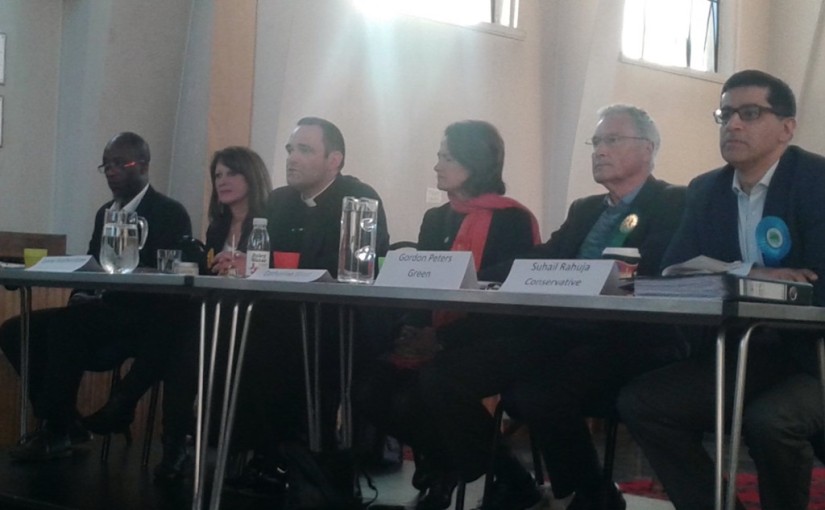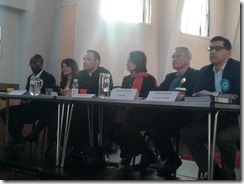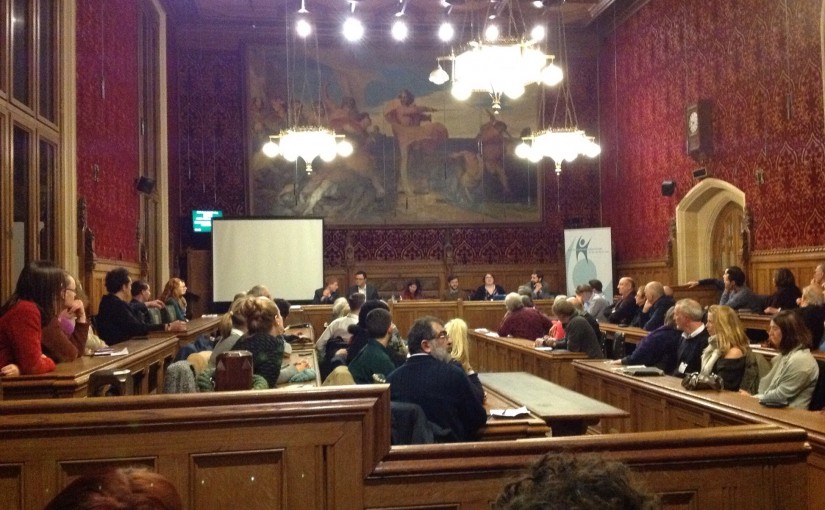The Trudeau Liberals first budget was released yesterday.
While most coverage was over the size of the deficits and who gets what money, my attention was on a single bullet on page 206.
- Pertaining to rules governing charities and their political activities, the CRA, in consultation with the Department of Finance, will engage with charities through discussions with stakeholder groups and an online consultation to clarify the rules governing the political activities of charities.
The Liberals had promised changes coming for Canada’s charities. But this disappointed me.
From the Liberal Party’s platform:
We will allow charities to do their work on behalf of Canadians free from political harassment, and will modernize the rules governing the charitable and not-for-profit sectors. This will include clarifying the rules governing “political activity,” with an understanding that charities make an important contribution to public debate and public policy. A new legislative framework to strengthen the sector will emerge from this process.
I work for two charities, completed a non-profit management course and worked and volunteered in the charitable sector in the UK for two years. My concern with this budget proposal is that instead of achieving even this modest goal of “modernize the rules” and “a new legislative framework,” we’re being given committees and consultations with the goal to “clarify the rules.”
Let’s be clear. Canada Revenue Agency makes it quite clear what counts as political and partisan material on its own website and in its briefings. And it’s pretty restrictive. Take this advisory that was released during the 2015 election. One part states:
When a charity invites comments on its website, blogs, or on social media, it should monitor them for partisan political statements and remove, edit, or moderate such statements within a reasonable time.
The rule is pretty clear to me: Since I work for a charity, it’s now my job to police the content of people’s comments on Facebook. Even though the organization I work for is a staunch defender of free speech and open debate.
Instead of this not-even-half-measure contained in the budget, my own personal preference would be to see Canada move toward a Charities Act, similar to what was introduced in England & Wales, first in 1993 but updated most recently in 2011. Such an act would modernize the rules for what purposes constitute a charity (Canada’s rules currently date to 19th century case law), create an arms-length body to regulate charities (one free from political interference) and empower charities to lobby for change they feel necessary to achieve their mission. Given the changing landscape, it could go even further and create space for so-called social enterprises.
I’ve written my MP arguing as much and hope you will do the same.
This is an issue that could make a world of difference for the many, many charities in Canada – none of whom have the time or resources to advocate for better charitable law (since they’re spending their time fulfilling their own mission and complying with the law as it stands). Some groups, like the Broadbent Institute, the Voices-Voix Coalition and Protecting Canadian Charities, are starting to speak out on this but they’ll need our encouragement.




